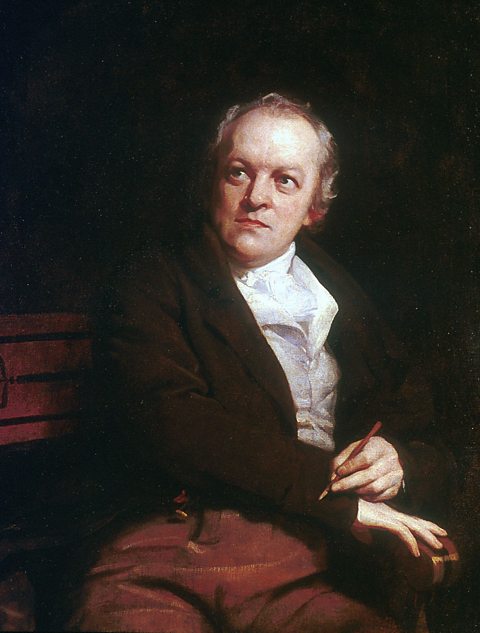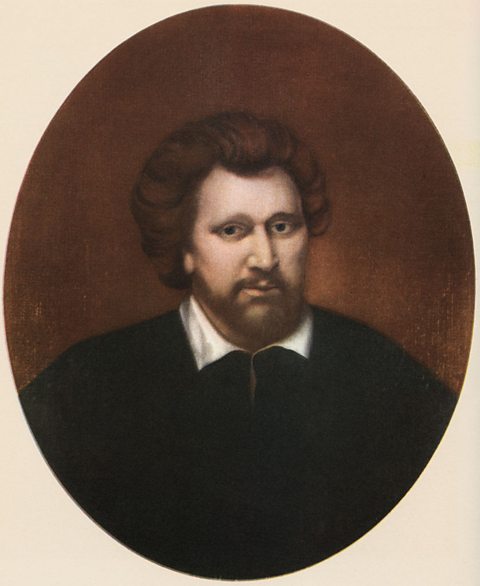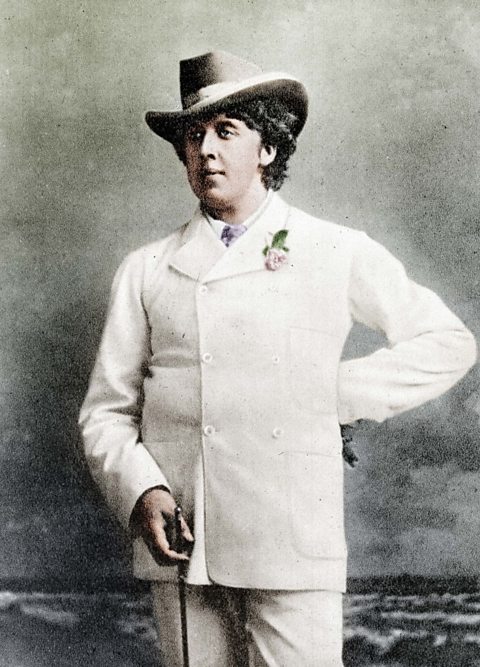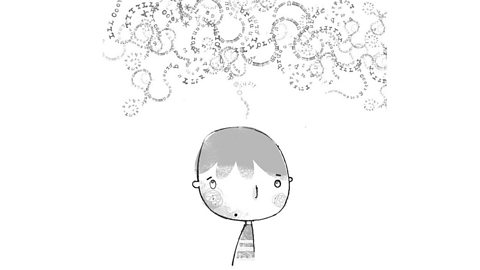Throwing shade didnât begin with RuPaulâs Drag Race. Some of our most acerbic literary minds have been chucking sly digs around for years.
You may have read pithy put-downs from authors such as William Blake and Oscar Wilde - but just in case you havenât, take a look at these.
±«Óătv Bitesize asked English literature scholars from around the UK to tell us their favourite literary insult and explain why it impresses them in its downright unpleasantness. Some take a little more analysis than others, but the intention is always the shame: serious shade. Check these out:

When someoneâs just too big for those boots
Professor Jason Whittaker is a William Blake scholar and also head of the School of English and Journalism at the University of Lincoln. Not surprisingly, itâs Blake who features in his favourite insults.
One is from 1790âs The Marriage of Heaven and Hell and reads: âA man carried a monkey about for a shew, & because he was a little wiser than the monkey, grew vain, and conciev'd himself as much wiser than seven men. It is so with Swedenborg; he shews the folly of churches & exposes hypocrites, till he imagines that all are religious & himself the single One that ever broke a net.â
If Twitter had been around in the 18th Century, thereâs a good chance Emanuel Swedenborg would have trended on it. A philosopher, scientist, inventor and mystic, he wrote a book about the afterlife called Heaven and Hell. It seems his notoriety increased Swedenborgâs sense of self-importance to unacceptable levels, or at least thatâs how Blake saw it, as Prof Whittaker explains: âEmanuel Swedenborg is not particularly popular today, but was something of a craze in late 18th and early 19th-Century England. Blakeâs comparison of the Swedish mystic to a man carrying a monkey is a very vivid pricking of the other writerâs vanity.â
So the lesson here is to keep a check on your humility in the presence of William Blake, or risk comparison to a resident of the zoo.

When someoneâs hat is just plain hideous
In the 17th Century, Ben Jonson was the go-to man for a scything retort, thanks to his success in poetry and the stage which is on a par with Shakespeare's.

Itâs a Jonson quote thatâs the choice of Professor Martin Butler from the School of English at the University of Leeds. Taken from his 1610 play The Alchemist, which is still performed today, it reads: âThou lookest like Antichrist in that lewd hat.â
Spoken by Ananias, a person of devout faith, the line appeals to Prof Butler because: âItâs so bonkers. The speaker in the play is a fanatical puritan, who thinks anything that he dislikes is [hostile to religious beliefs], so the insult is totally random.â
If you thought telling someone their choice of headgear made them resemble Satan was a touch on the unpleasant side, thereâs an even shadier treat in The Alchemist, and it comes from the opening exchange in the very first scene.
âIf you want a shorter example,â Prof Butler continued, âthereâs always the opening line, which is wonderfully direct and anticipates Monty Python by 350 years: âI fart at theeâ.â
When you think itâs posh to be posh
Social classes, and the differences between them, have been a source of wit for a long time. Whether you think that's cool or not, it's up to you to decide. But when it was the done thing, one man who really knew how to navigate the social niceties, and take down the pompous, was Oscar Wilde.

When Professor Jeremy J Smith from the University of Glasgow was asked to select his insult of choice, there was only one play on his mind; Wildeâs The Importance of Being Earnest.
For the full insult to become clear, itâs worth reading the exchange between characters Cecily and Gwendolen.
Cecily: âThis is no time for wearing the shallow mask of manners. When I see a spade I call it a spade.â
Gwendolen: â(satirically) I am glad to say that I have never seen a spade. It is obvious that our social spheres have been widely different.â
The socially aware Gwendolen may feel sheâs scored a tiny victory here, but as Prof Smith points out, thereâs something deeper going on in the writing too: âI love it not just because it picks at every social scab you can think of, but to be completely academic and po-faced, it is a wonderful illustration of how the pragmatics of conversation [the ways in which different people use language in social situations] work.â
Of course, itâs far better that we all get along with each other, particularly at a time when insults on social media can have a negative effect on people. So rather than hurling out the put-downs, have a read where the masters of the craft are in action instead.

Quiz: Why were these books banned?
Will your favourite book be mentioned?

Seven books that made history
If you've ever wanted to read a book as tall as a bus, you've come to the right place.

âI was fired from my own audiobookâ
For Dyslexia Awareness Week 2019 we spoke to Tom McLaughlin, an author illustrator with dyslexia.
